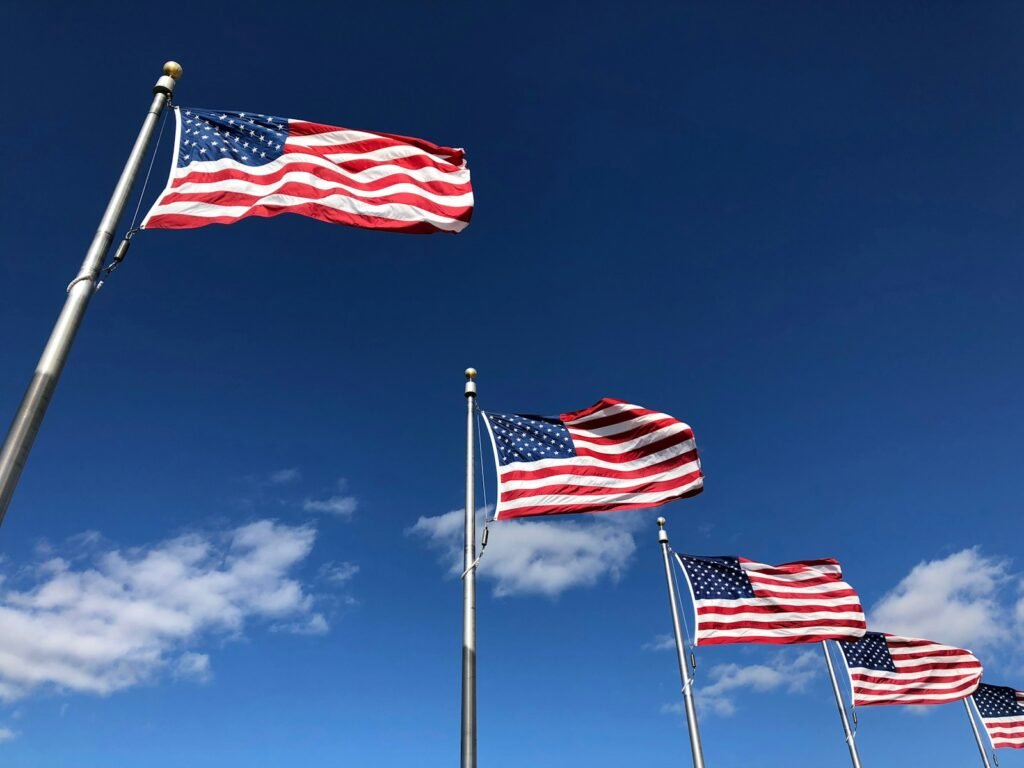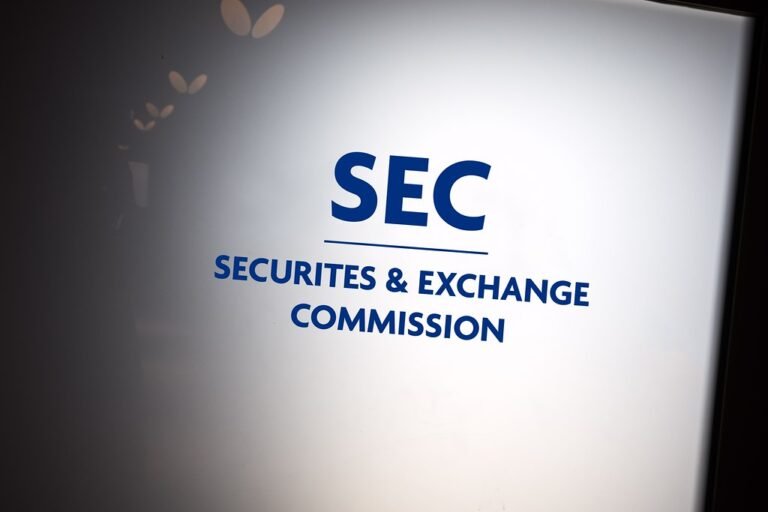
MIAMI, FL — A former vice president and controller of a publicly traded consumer goods company has been sentenced to 13 months in federal prison for orchestrating an insider trading scheme that generated over $1.6 million in illegal profits.
Stephen George, 54, of Parkland, Florida, was also ordered to pay a $10,000 fine, over $200,000 in restitution, and to forfeit more than $1.6 million, as announced by the U.S. Department of Justice and the FBI’s Miami Field Office.
Insider Access Turned into Illicit Profits
George worked in the finance department of a Boca Raton-based consumer-packaged goods company—referred to in court documents as Company A—which manufactures a popular fitness drink and trades on the NASDAQ Stock Market.
Between November 2018 and April 2023, George held senior finance roles, including vice president and controller, which gave him access to confidential financial data. On his final day of employment, April 7, 2023, George compiled the company’s first-quarter income statement—a report that revealed significantly better-than-expected earnings.
Knowing the document contained material non-public information (MNPI), George emailed it to two of his personal accounts just before leaving the company.
On April 10, 2023, the next trading day, George used that insider knowledge to purchase 20,000 shares of Company A stock and 300 call option contracts—a clear violation of securities laws.
When Company A publicly reported its record-breaking earnings on May 9, 2023, its stock price surged. The next day, George quickly cashed out his entire position, netting more than $1.6 million.
He pleaded guilty in February 2025 to one count of securities fraud. “This sentencing makes clear: those who exploit inside information for personal gain will be caught and held accountable,” said Matthew R. Galeotti, head of the Justice Department’s Criminal Division. “This was a deliberate act of greed,” said Acting FBI Special Agent in Charge Brett Skiles, “and the swift action taken reflects the seriousness of undermining public trust in the financial markets.”



